For many years, Apple has offered its users the Find platform, through which they can track the location of their devices and remotely manipulate them (e.g. delete them). But if some less experienced user does not turn on this service and if he does not have a secure phone with Face ID or Touch ID, a thief or a possible finder can do whatever he wants with it.
If someone comes to an Apple Store or an authorized service center with an iPhone locked via iCloud or logged in to the Find platform, while they are unable to unlock it with a password and want to have it serviced (or rather have it replaced piece by piece), they will not be helped in any way. In that case, he must at least have the invoice to prove that it is his device. However, if you did not secure the device in any way and lost it, or it was stolen and the finder signed you out, you can easily have it replaced piece by piece and thus have a completely new device. Of course, no one checks this.
But Apple wants to fight against this and provide its users with additional possible protection. This is not to say that the attackers did not get their data, or that their device was successfully returned to them (although this is also possible in cooperation with the police). Apple's primary goal is for each service to look into the so-called GSMA Device Registry before any intervention in the device, where it checks whether or not the device is registered by its owner as lost/stolen. If so, it will reject the repair/replacement. This is another element that should deter potential thieves from criminal activity.
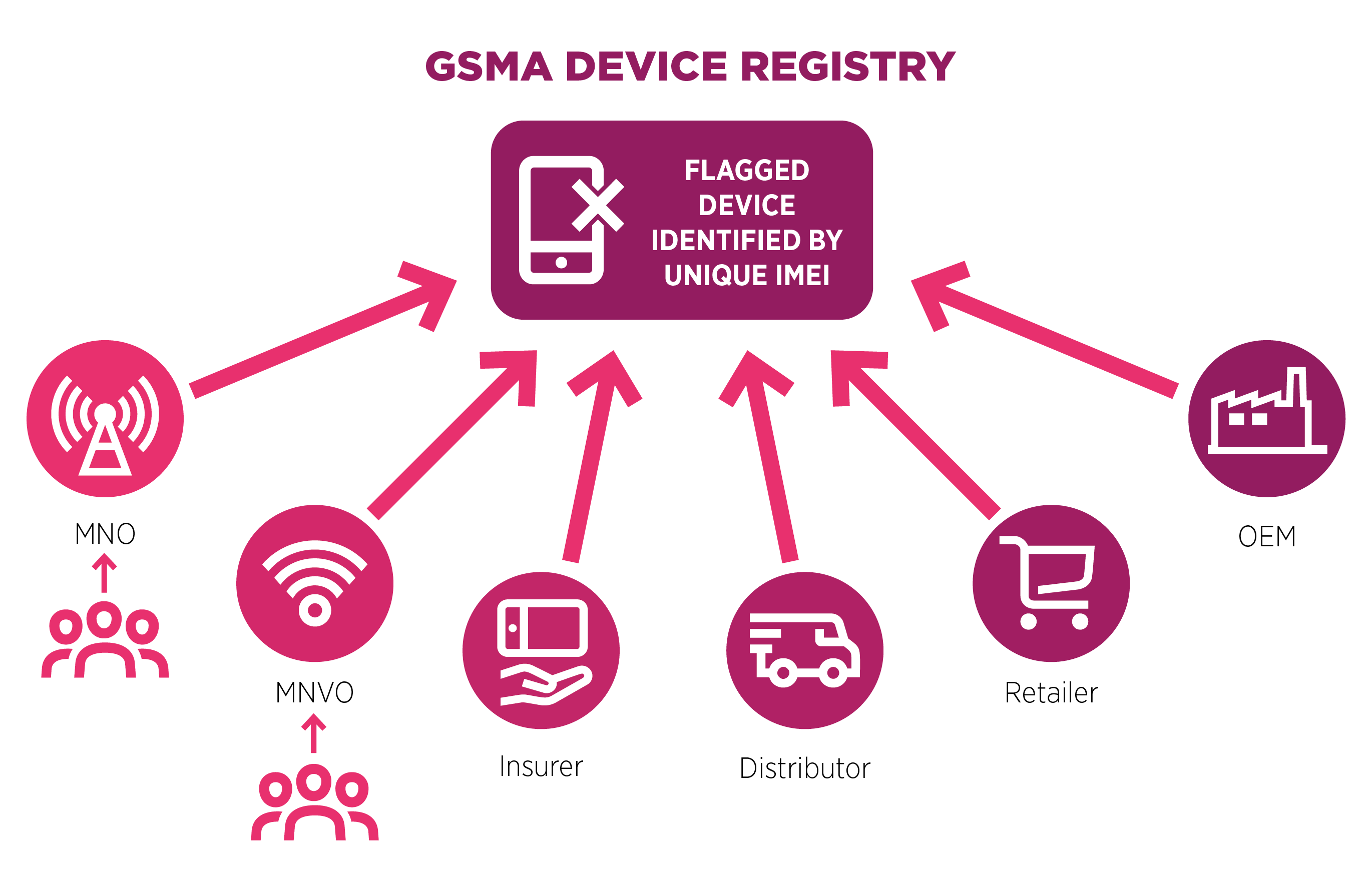
Of course, there is an interaction with the owner, who must register his device in the database. GSMA Device Registry is a global database allowing smartphone owners to register their devices. Thanks to the phone's unique IMEI, anyone can check whether the device is in the database and what its status is.
It could be interest you
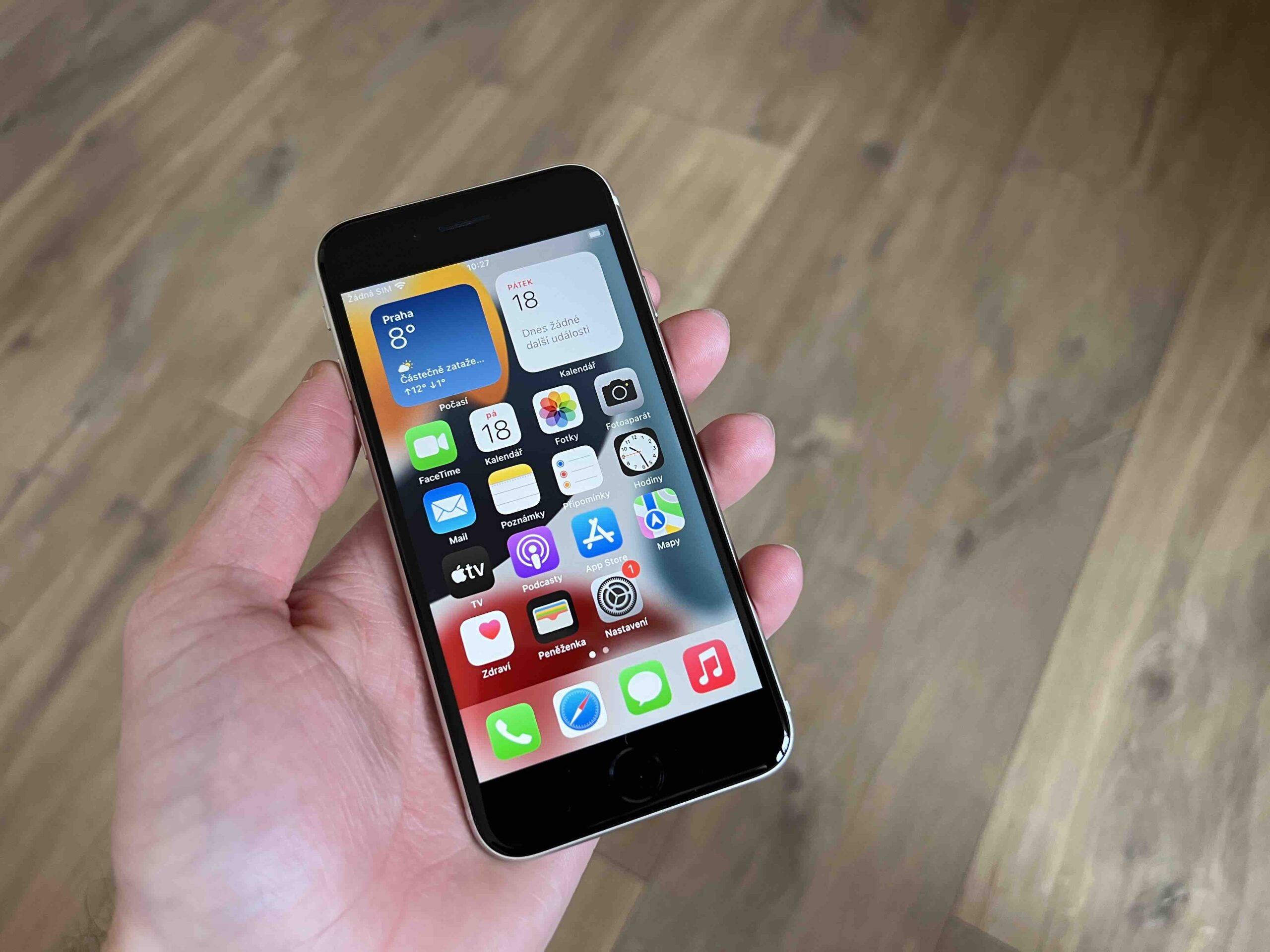
What is GSMA?
GSMA is a global organization uniting the mobile ecosystem to discover, develop and deliver the innovations that underpin positive business environments and social change. This is also why it organizes the biggest fairs, such as MWC in Barcelona or Las Vegas. It also represents mobile operators and organizations across the mobile world and adjacent industries and provides services to its members in three main pillars: Industry Services and Solutions, Connectivity for Good and Outreach.
What is GSMA Device Registry?
The GSMA also runs a global registry that allows owners to flag their devices in case of problems such as possible loss, theft, fraud, etc. This status also describes how to deal with such devices if you come across them. For example, if a device is reported as stolen, there is a recommendation to block the device from accessing the network and not to buy or sell it - in the case of bazaar or second-hand sales.
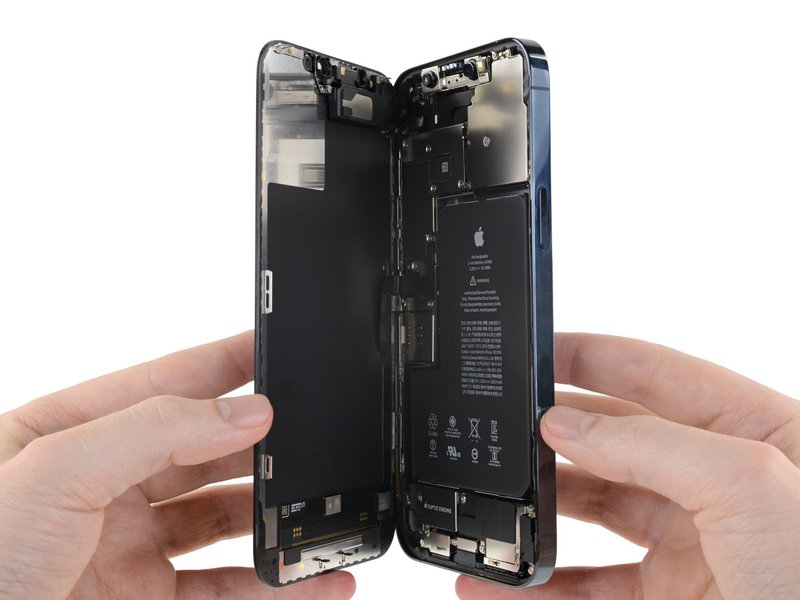
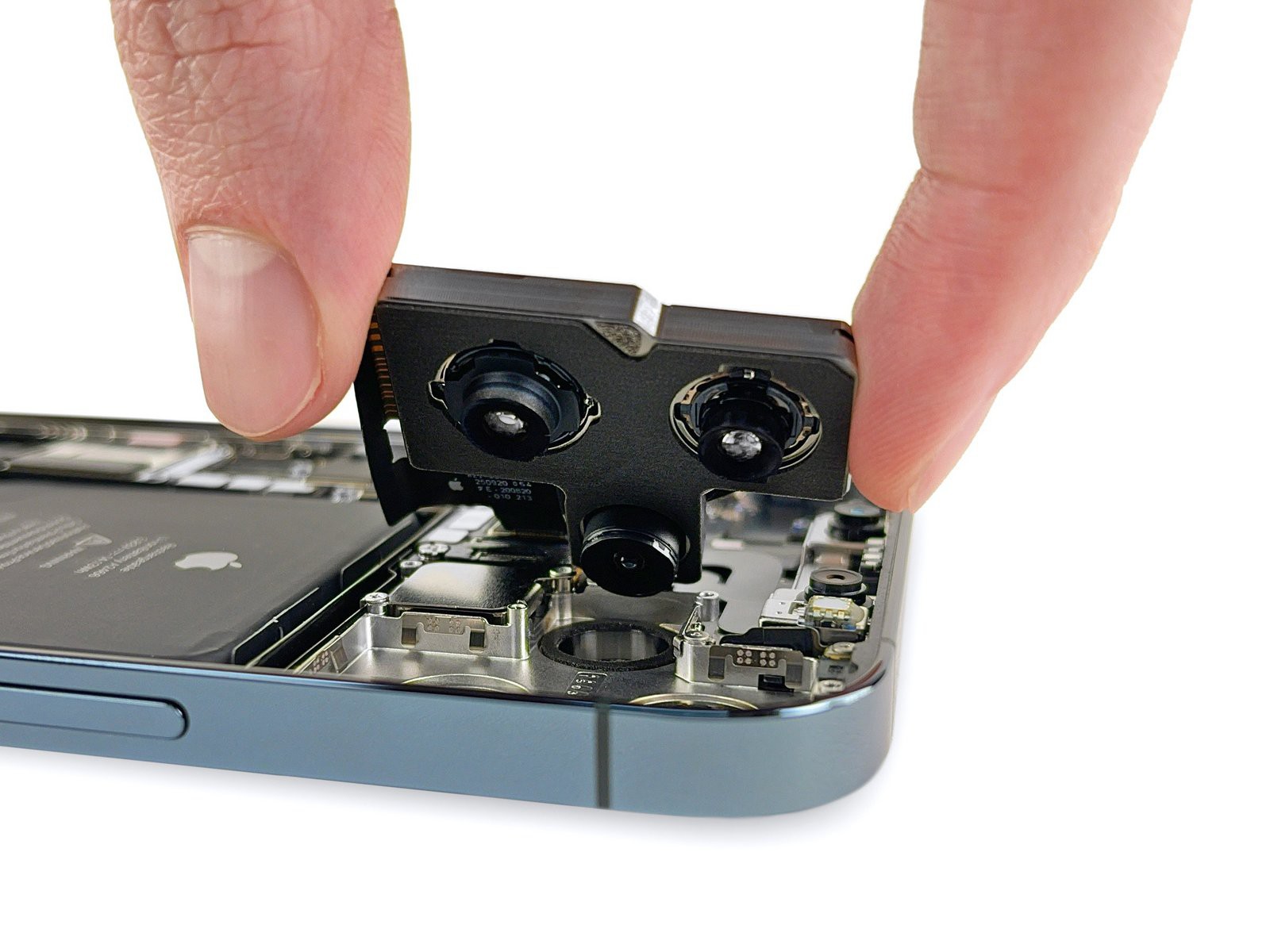
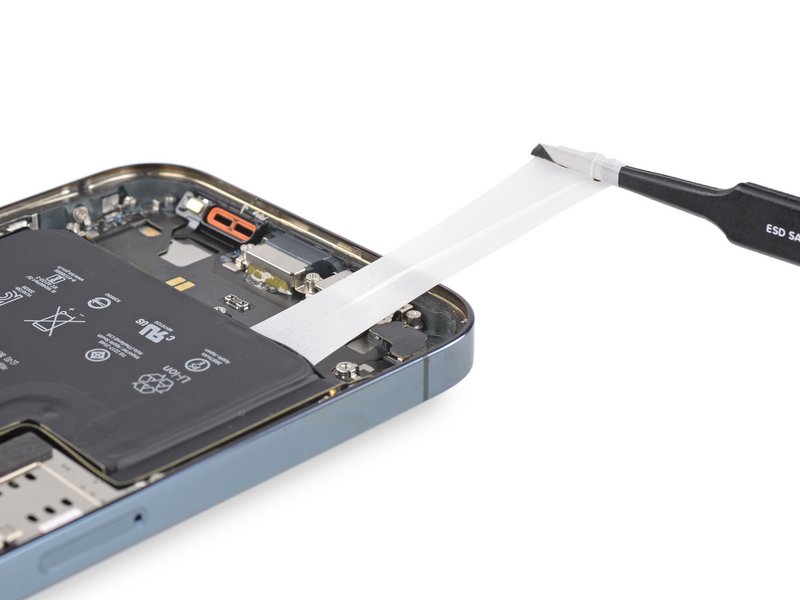
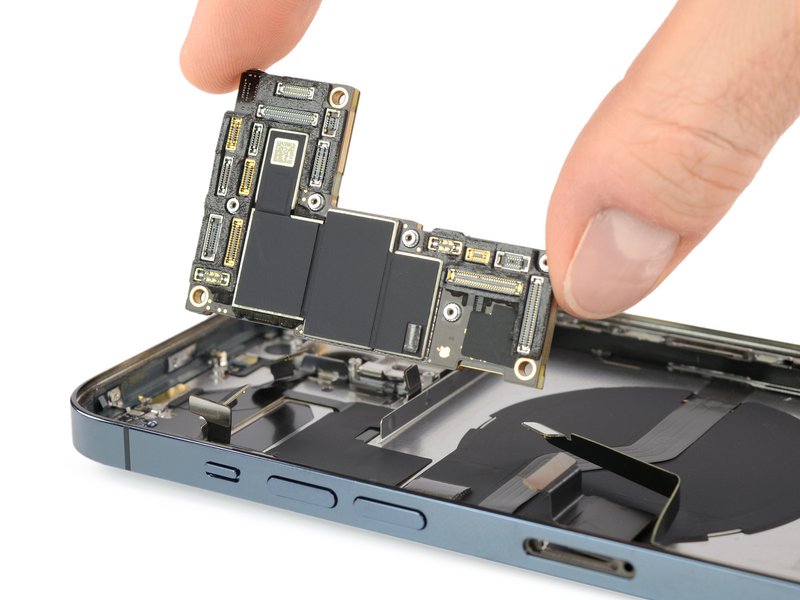
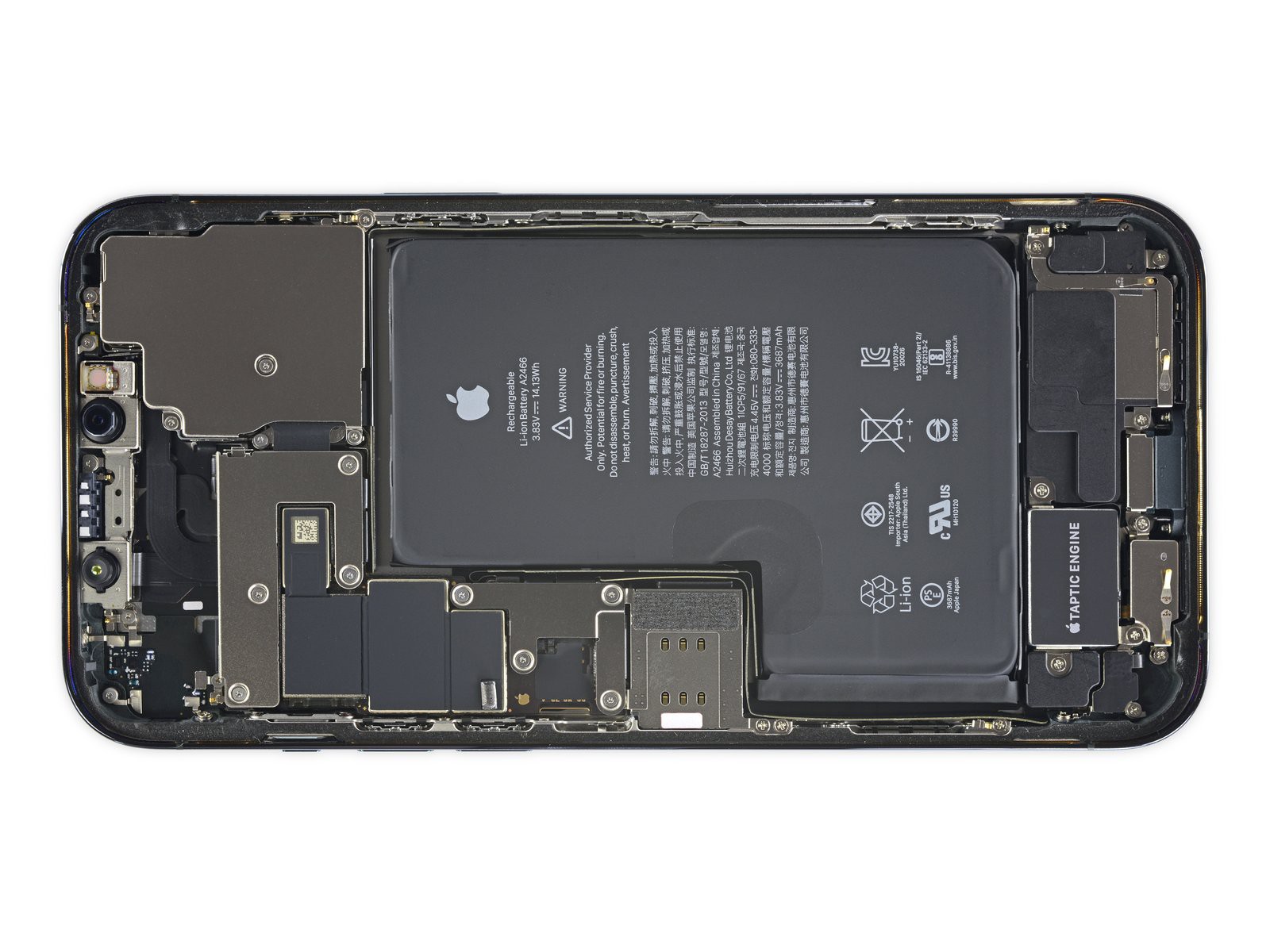

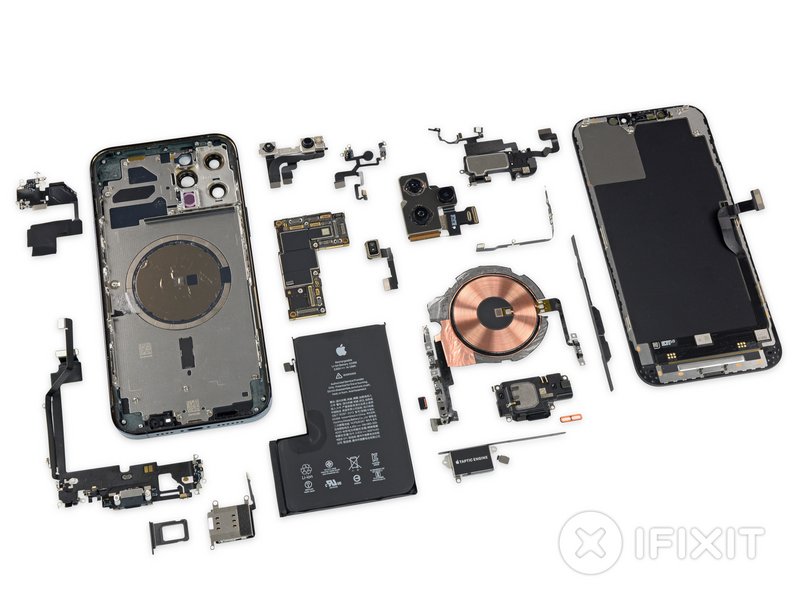
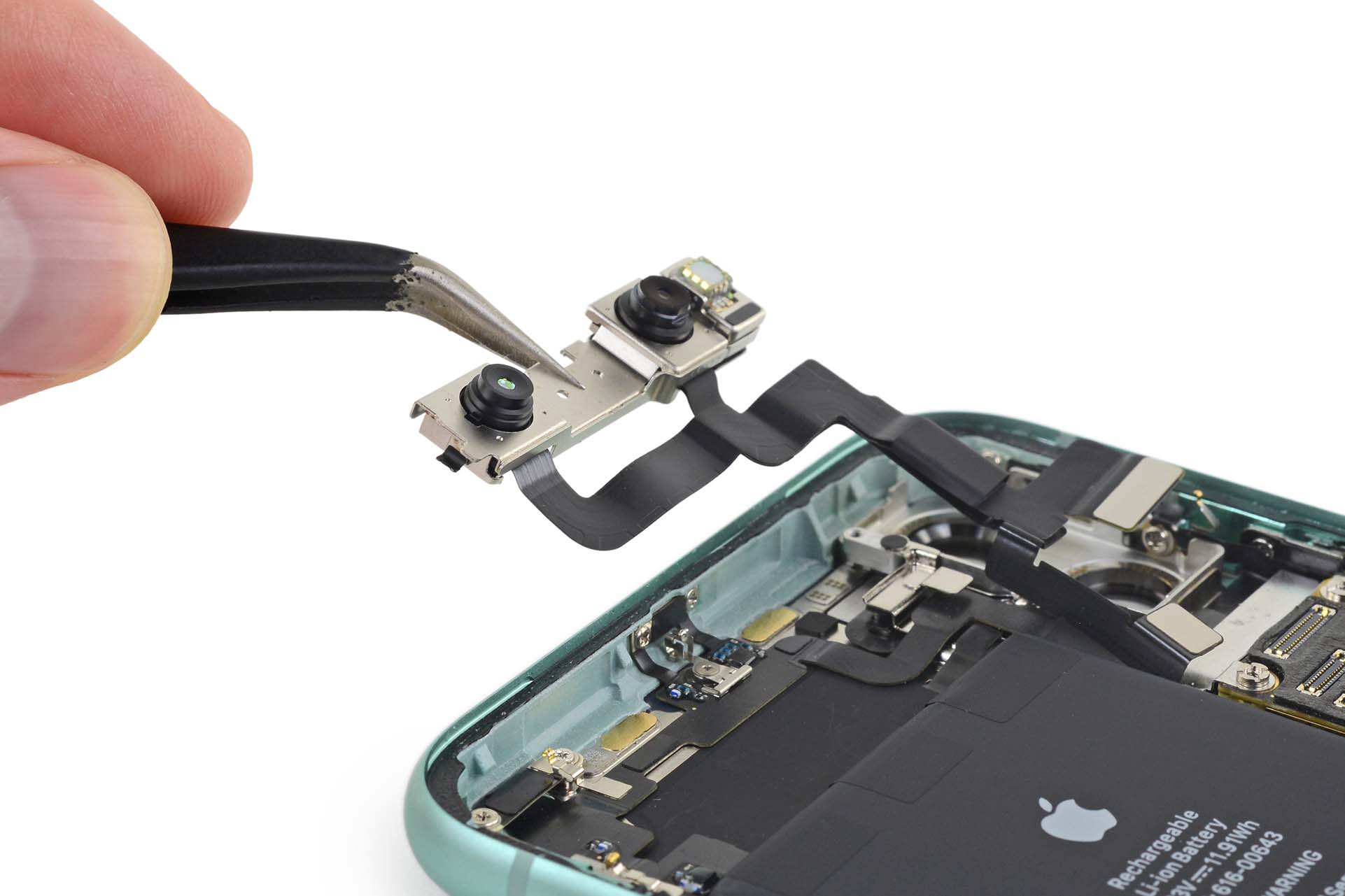
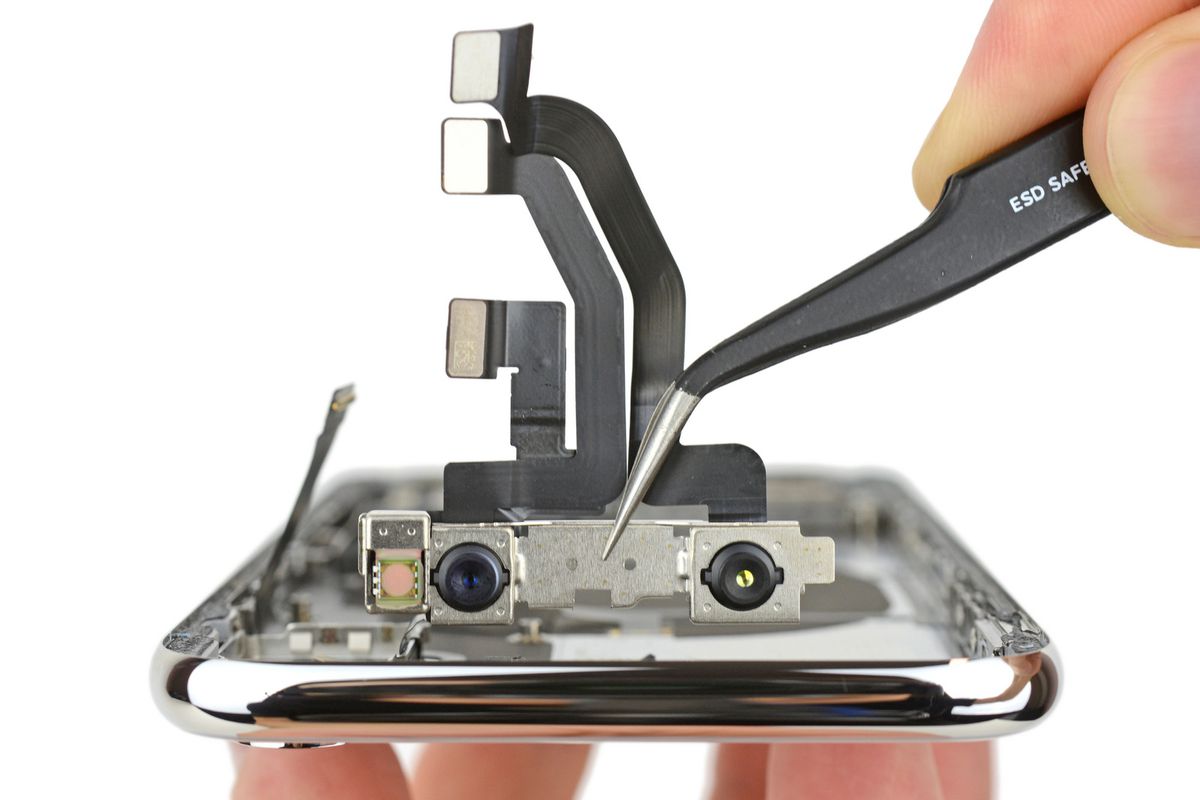
 Adam Kos
Adam Kos